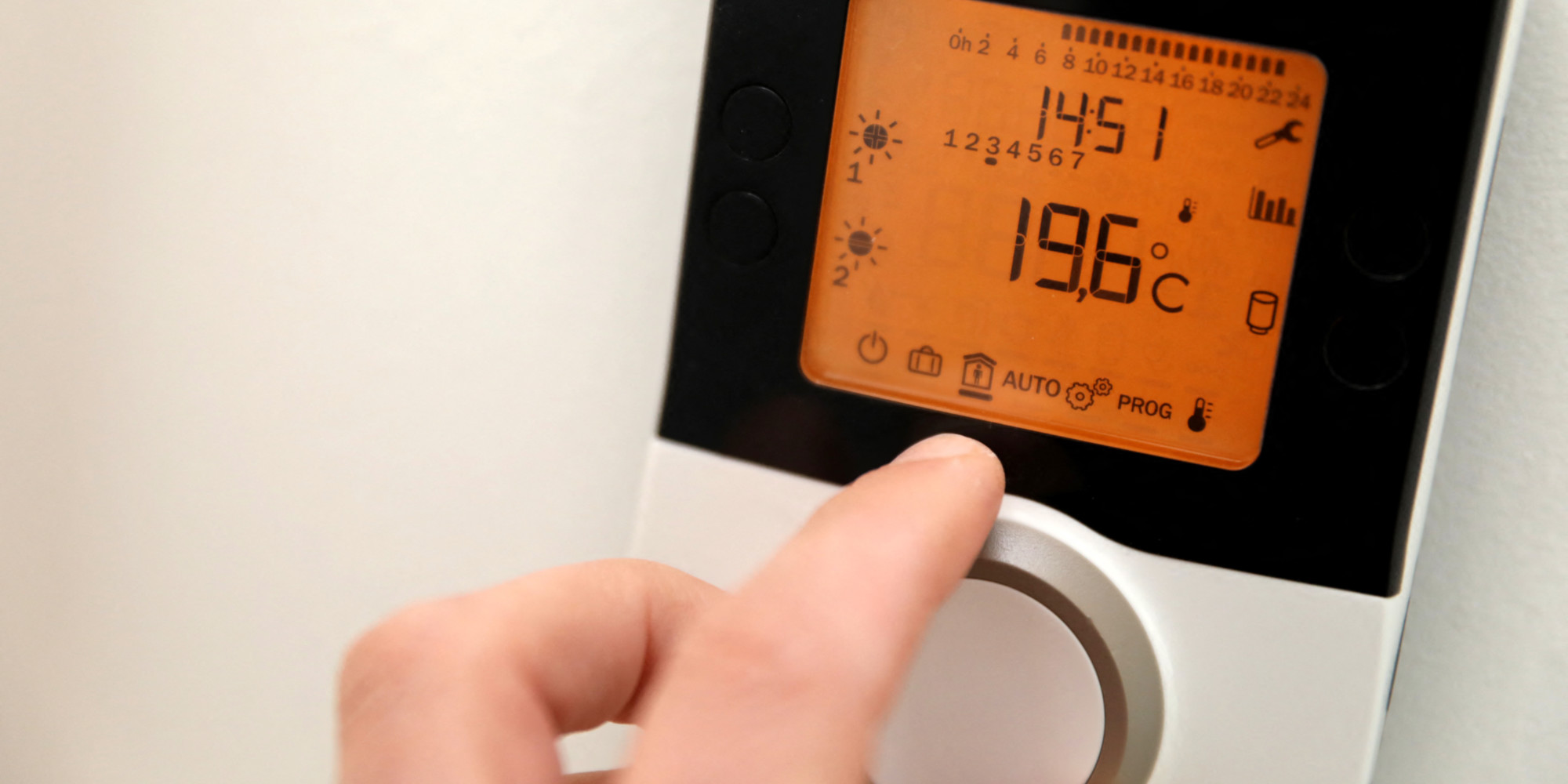Margaux Fodéré, edited by Alexandre Dalifard / Photo credit: SEBASTIEN LAPEYRERE / HANS LUCAS / HANS LUCAS VIA AFP 06:12, 08 June 2023
After a tense winter 2022-2023, the French have acquired gestures of energy sobriety that they could keep in the future, according to a study by Ipsos for RTE, the operator of the electricity network. But they are not yet ready to radically change their daily lives.The Energy Transition, yes, but slowly. According to an Ipsos study for RTE, the electricity grid operator, carried out in two waves between 2022 and 2023, the French are well aware of climate change. Moreover, more than 60% of them were already making efforts to sober on lighting, or heating at night, before this winter. But they do not want to give up structuring elements of their lifestyles, such as the private car. According to this study, nearly 7 out of 10 French people do not plan to reduce their travel in the next 5 years, whether they have already reduced it or not.
Living in a detached house
Another element they do not want to give up is the individual house, which represents a model of life for many French people, says Brice Teinturier, the managing director of Ipsos. "More than 60% of those who live in collective housing want to go to a detached house," he told Europe 1. Without abandoning these lifestyles, the French are still ready to make efforts. For some (37% of French respondents) it would be to switch to the hybrid or electric car if their vehicle broke down and it was not repairable.
>> READ ALSO - Climate: Two billion people could be exposed to hazardous heat by 2100
48% of French people plan insulation work within 5 years
For others, nearly half of the French, it can go through insulation work. But these efforts are still conditional on financial support, says Xavier Piechaczyk, Chairman of the Executive Board of RTE. "The question of economic incentives, whether subsidy, or taxation, is in the middle of the debate to allow the French who want to be able to switch to these modes that are much less carbon-intensive," he says.
>> READ ALSO - Cars, boilers... What the government is targeting to accelerate emissions reductions by 2030
Decarbonizing the daily lives of French people is a major challenge. In 2017, for example, the tertiary residential sector accounted for 20% of greenhouse gas emissions in France, most of them related to housing.

